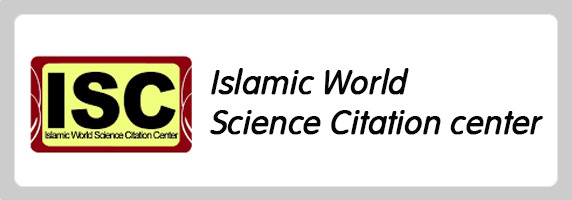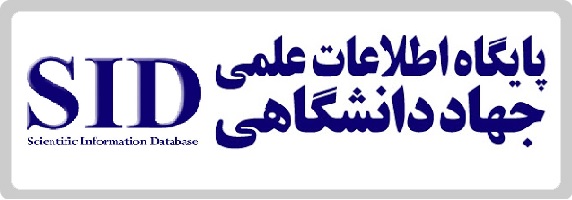Epistemology as an Ideal Norm: A Reflection on Suhrawardi's Criticism of Avicenna's Epistemology
Keywords:
Suhrawardi, Avicenna, Essentialism, EpistemologyAbstract
The Peripatetic conception of knowledge is based on essentialism. This strong realist conception of knowledge has faced serious criticisms. One of the most important criticisms of this view has been raised by Suhrawardi. According to Suhrawardi’s criticisms of Avicenna, human perception is primarily based on sensory encounters with the external world. Furthermore, one can never be certain that the entirety of an essence is comprehended by human perception. Therefore, it seems that despite the initial conception, accepting an essentialist epistemic realism does not suffice in explaining knowledge. This paper argues that the response to this challenge lies in understanding the nature of classical epistemology: classical epistemology seeks to outline an ideal of knowledge, always assessing actual human knowledge in relation to this ideal. Therefore, although the comprehension of the intelligible essences of objects is considered a difficult task, it remains an epistemic ideal for assessing the actual human knowledge.





